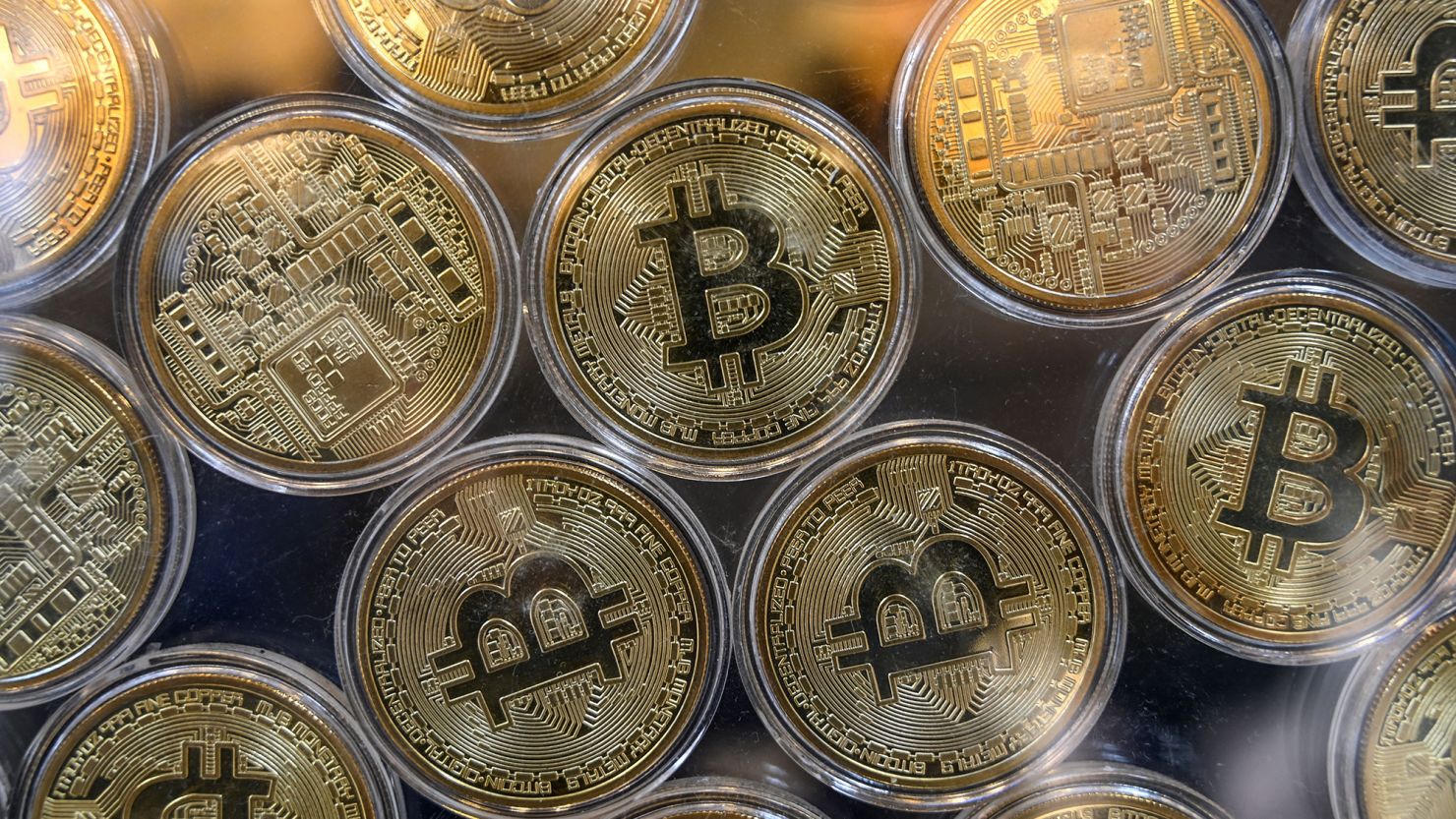Bitcoin (BTC) has experienced an incredible surge, hitting an all-time high of $94,053 on November 19, 2024, before settling at $92,799 by November 20. This remarkable increase in Bitcoin’s price is attributed to a mix of economic factors, regulatory progress, and market trends, as noted by financial experts at the CME Group.
Here are five main reasons behind Bitcoin’s rapid ascent:
1. Clearer Cryptocurrency Regulations
Governments around the world are adopting clearer regulations for cryptocurrency, which reduces uncertainty for investors. Significant countries, including the US and various EU nations, have introduced new crypto-friendly policies that encourage institutional investments. These regulations enhance investor protection, boosting market confidence.
2. Institutional Adoption
Prominent financial institutions and large corporations increasingly add Bitcoin to their investment portfolios. Companies like BlackRock and Fidelity are now offering Bitcoin ETFs, while global payment leaders such as Visa and Mastercard are enabling crypto transactions. This institutional support lends credibility to Bitcoin, drawing in mainstream investors.
3. Economic Uncertainty
The current global economic landscape, characterized by inflation and geopolitical tensions, has made Bitcoin an attractive option as a hedge. Many investors consider it “digital gold,” leading to increased demand as traditional markets experience instability.
4. Technological Innovations
Improvements to Bitcoin’s blockchain, including the Taproot upgrade and better scalability solutions, have enhanced transaction efficiency and security. These developments make Bitcoin more practical for everyday transactions, boosting its utility and adoption.
5. Supply and Demand Dynamics
The limited supply of Bitcoin, capped at 21 million coins, plays a crucial role in its valuation. With over 92% of Bitcoin already mined, the scarcity effect intensifies as demand rises. The upcoming Bitcoin halving in 2024 has further sparked speculative interest, as miners will receive fewer rewards.





